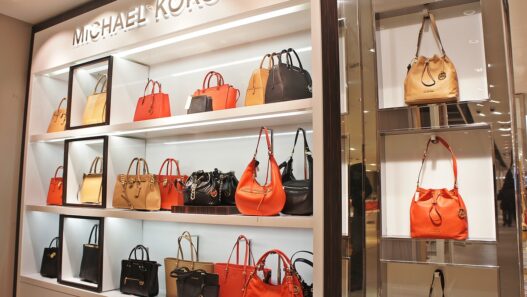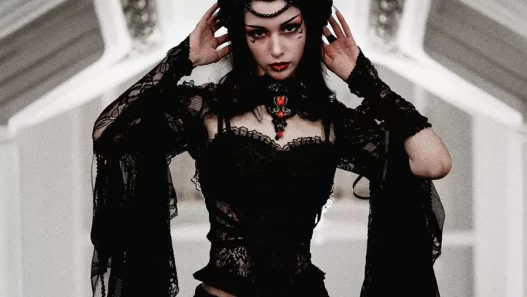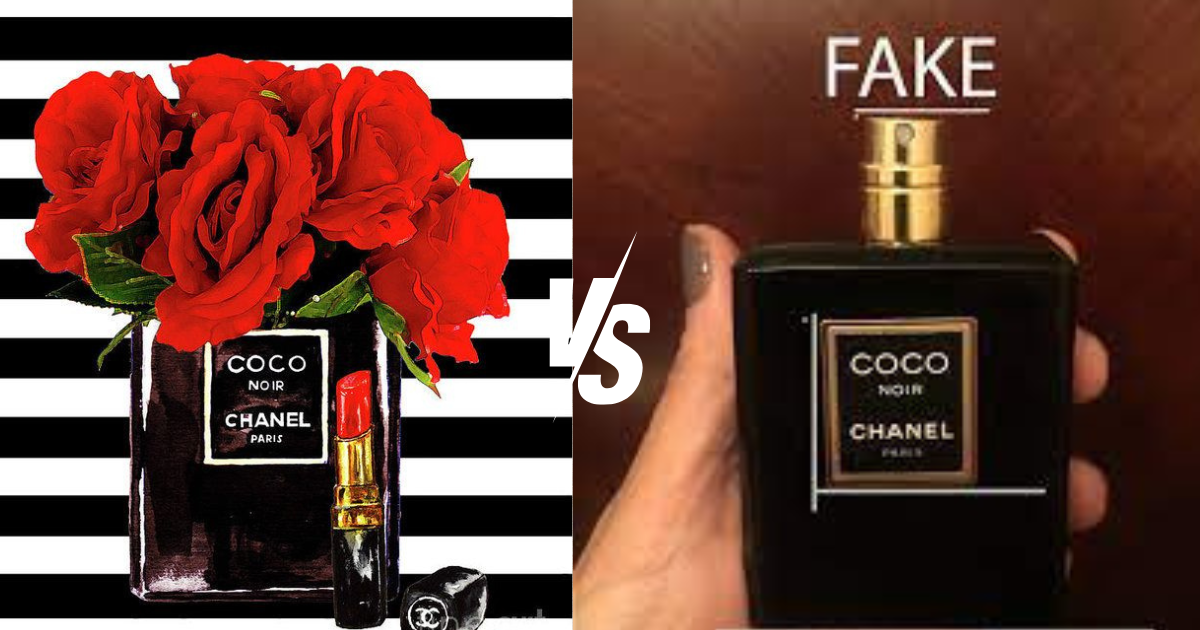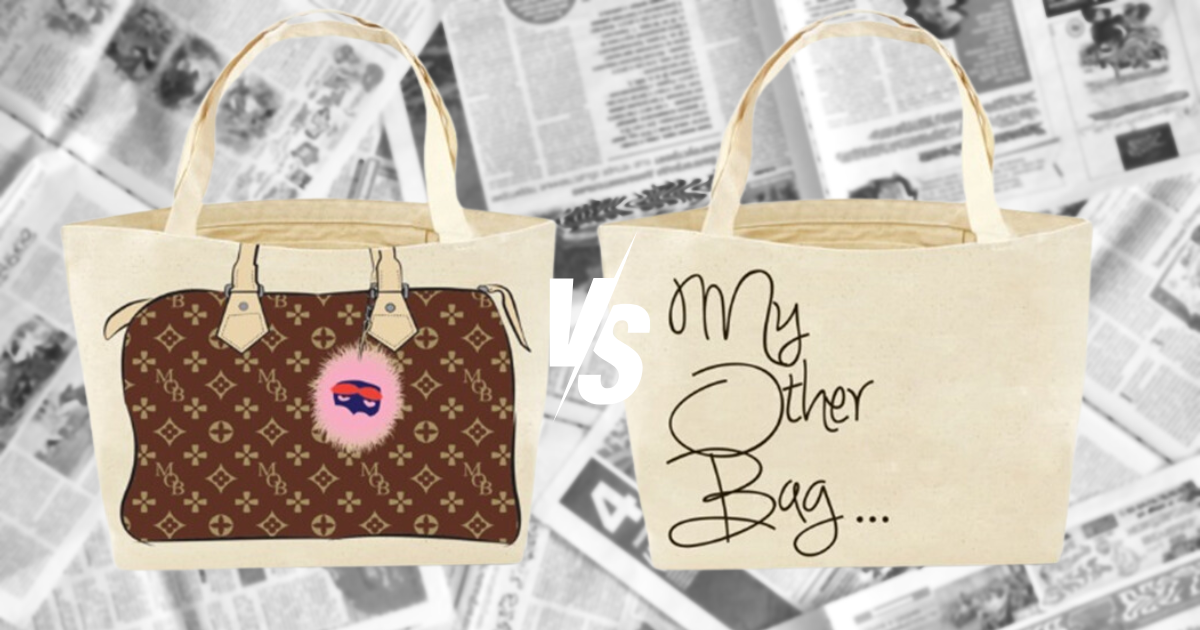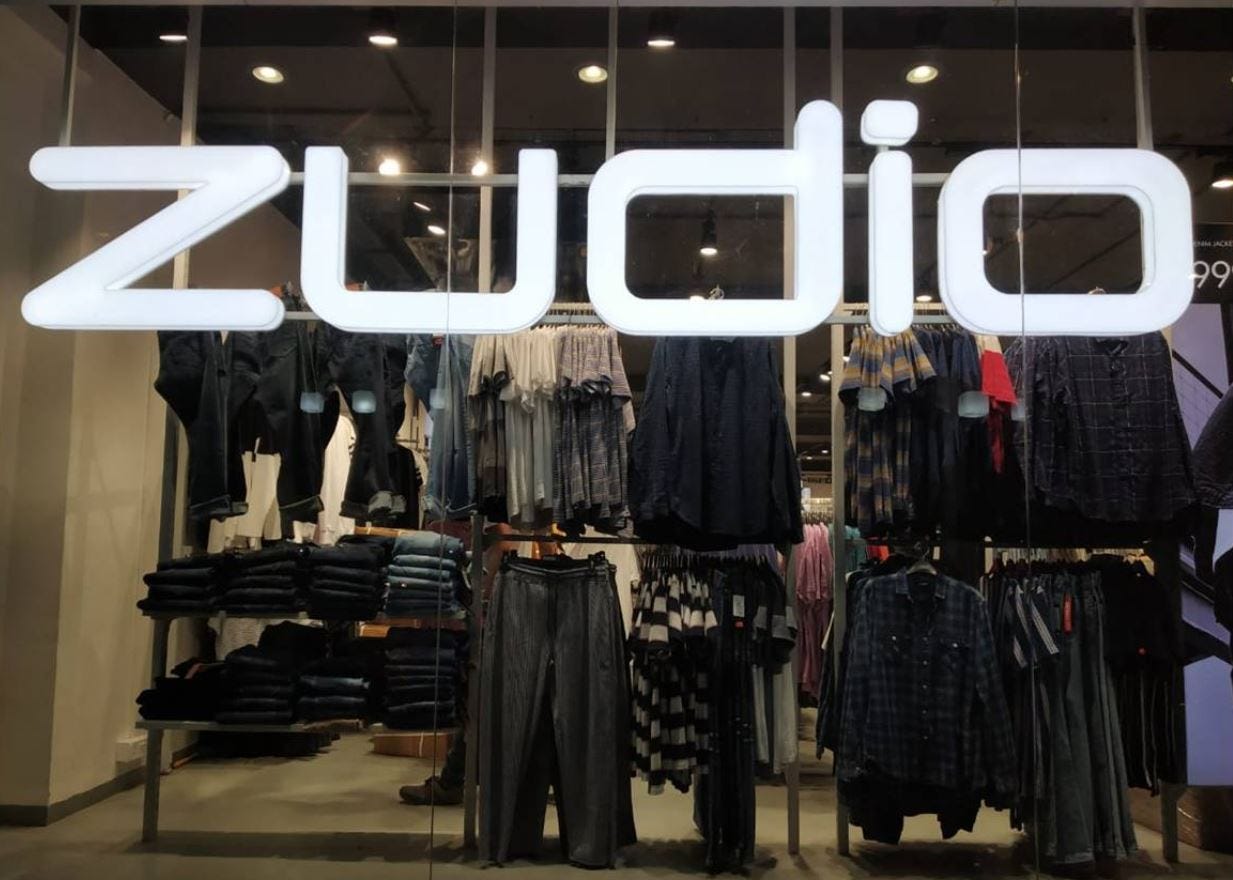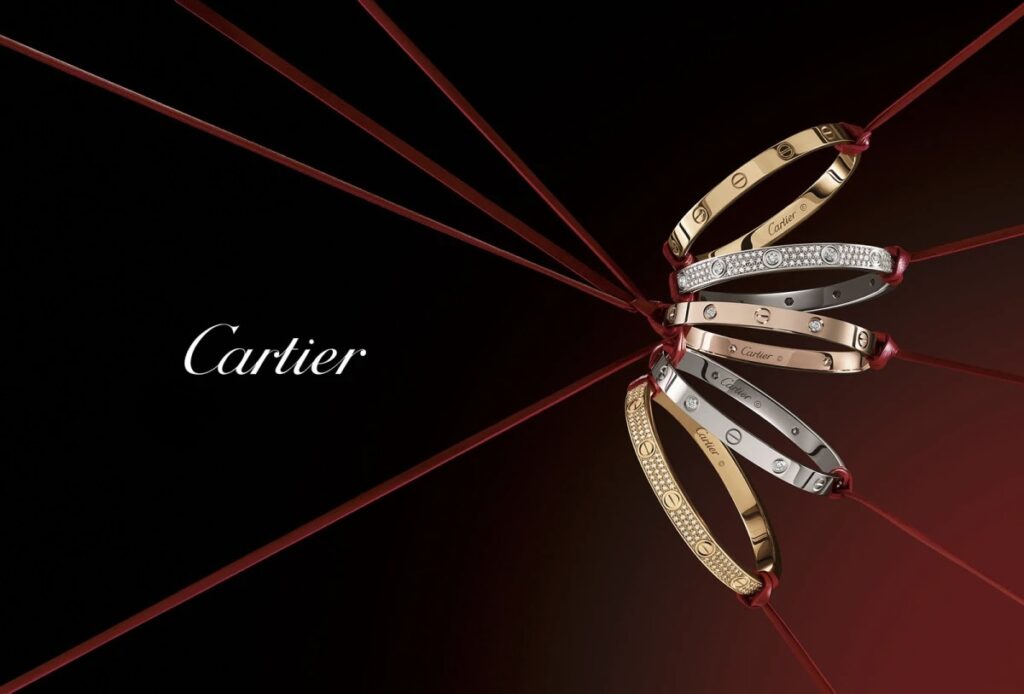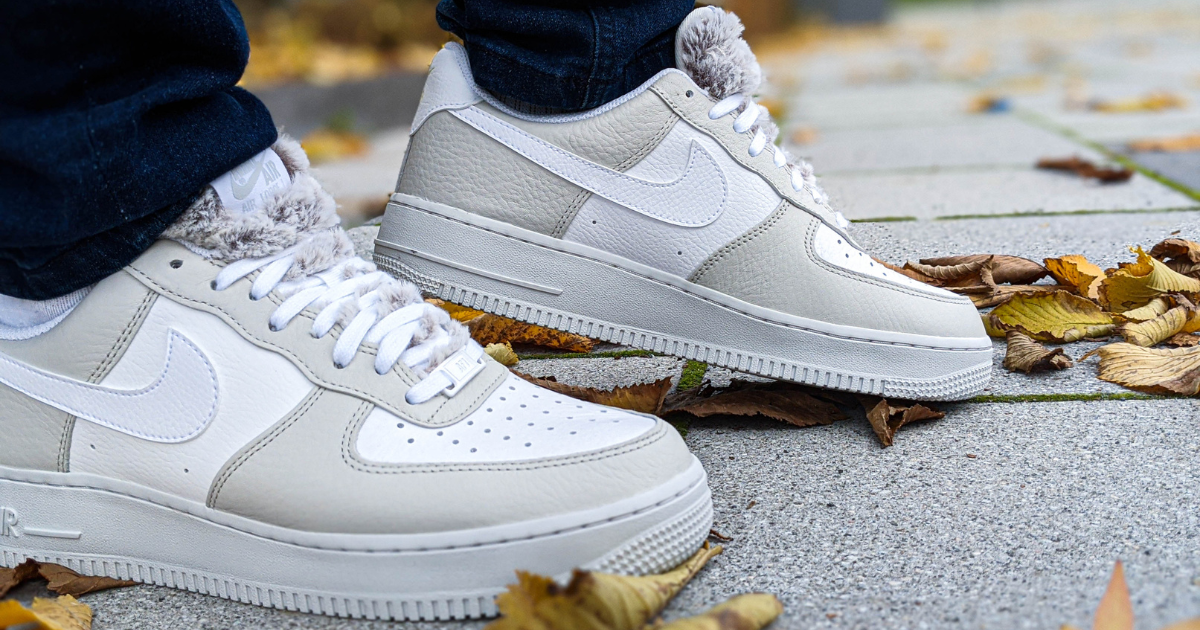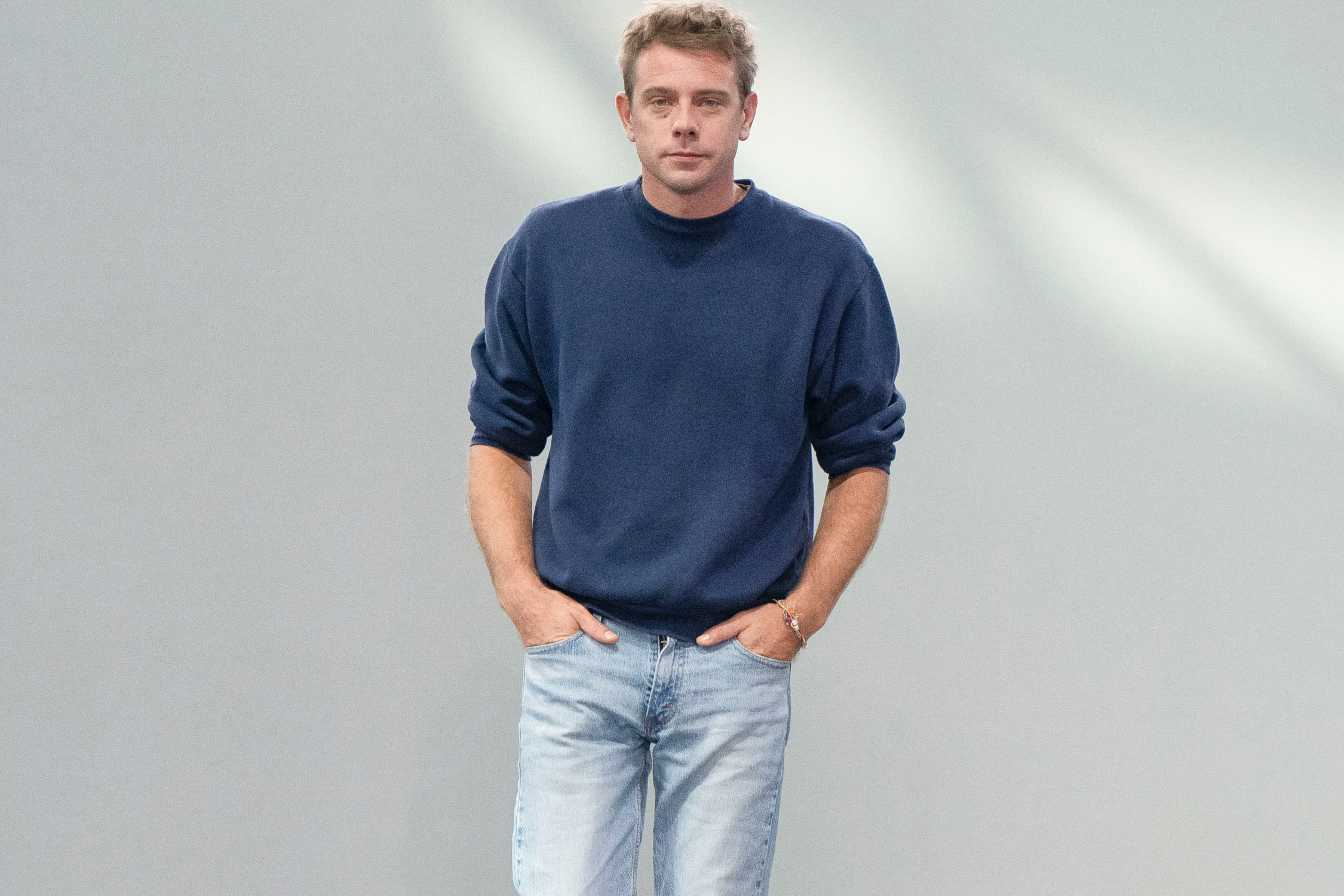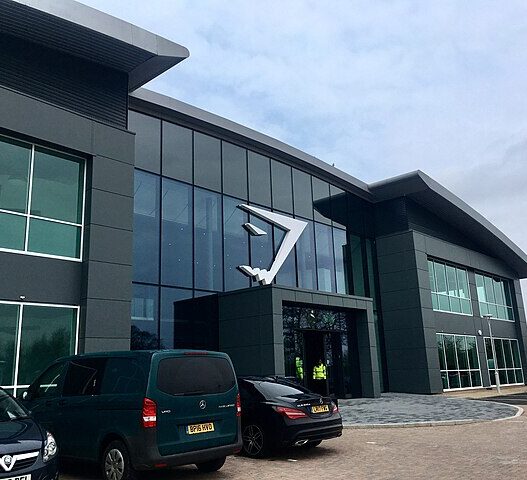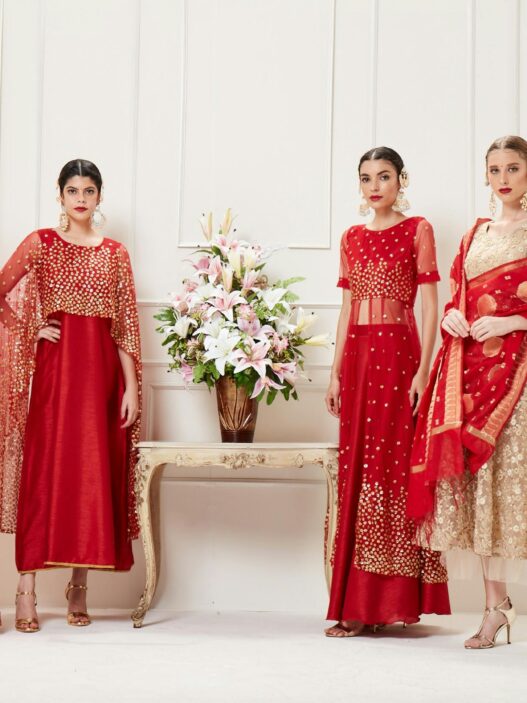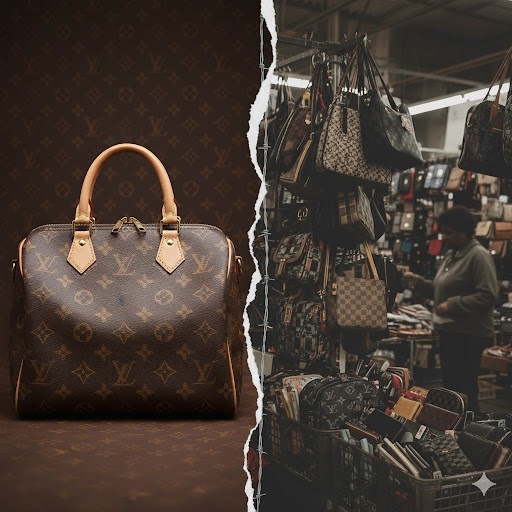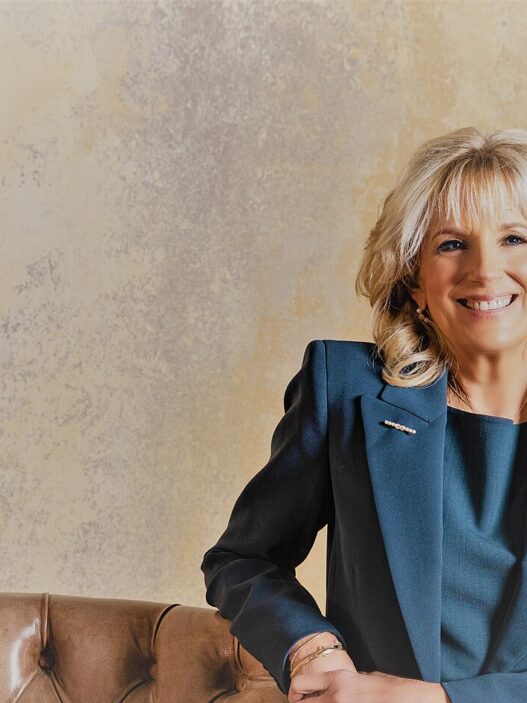Counterfeiting is all too common in the fashion industry and luxury fashion brands are all too familiar with this problem. The Organization for Economic Cooperation and Development estimated that the worldwide trade in counterfeit and pirated goods is worth 461 billion dollars annually, and footwear and clothes top the list of goods. However, not all brands will accept the counterfeiting of their goods lying down, even it that means going up against titans.
Chanel is famously protective over their products and has a 0-tolerance policy towards counterfeiting. Chanel over the past couple of years has been taking aggressive steps to protect themselves from counterfeiting by suing numerous companies like luxury reseller What Goes Around Comes Around. They were also able to block a trademark depicting “horizontal interlocking ‘S’ shapes in Europe” due to the similarity to their own C interlocking logo. So, it should come as no surprise Chanel decided to sue Amazon over counterfeits.
Chanel launched the lawsuit in April of 2017. Initially it sought 2 million dollars in compensation from each Amazon seller which would give them 30 million dollars in total. These sellers were selling fake copies of Chanel items with the iconic Chanel logo.
Many of the sellers tried to avoid litigation. One said they only made 48 dollars from the sale of allegedly counterfeit items like phone cases which was “mistakenly” uploaded to their Amazon Store. Another seller denied selling any fake Chanel. However, Chanel made active efforts to find out the truth. They hired private investigators to find out about the sellers activities on Amazon. The private investigators apparently ordered numerous items from Amazon stores which featured Chanel’s logo which turned out to be counterfeits.
In June of 2017 a California judge ruled in favour of Chanel and entered into a default judgement against approximately 30 sellers. The court awarded Chanel 100,000 dollars from each seller amounting to a total of 3 million dollars in damage.
The brand issues a statement to Fashion United stating “Chanel is satisfied by the outcome of this case which shows its strong and continuous commitment to the protection of its rights against counterfeiters,” “We hope this new decision will discourage others from harming our rights and our image. While of course we will continue to pursue this kind of action, we are calling for a reinforced collaboration from the Internet marketplace operators and all other intermediaries involved to take proactive, proportionate and effective measures to ensure traceability and prevent the promotion and distribution of counterfeit goods over the Internet and, in this manner, lower the risks for consumers.”
After this ruling Amazon permanently disabled the accused sellers and removed all images of trademark infringing products. Amazon also transferred any funds in the accounts of the sellers to Chanel. However, this did not halter Amazon’s plans to enter the fashion industry. They still launched the Echo Look, a clothing service for Amazon Prime customers which provided shopping advice and let them ‘document their wardrobes.’
Author: Dhwani Sharma



